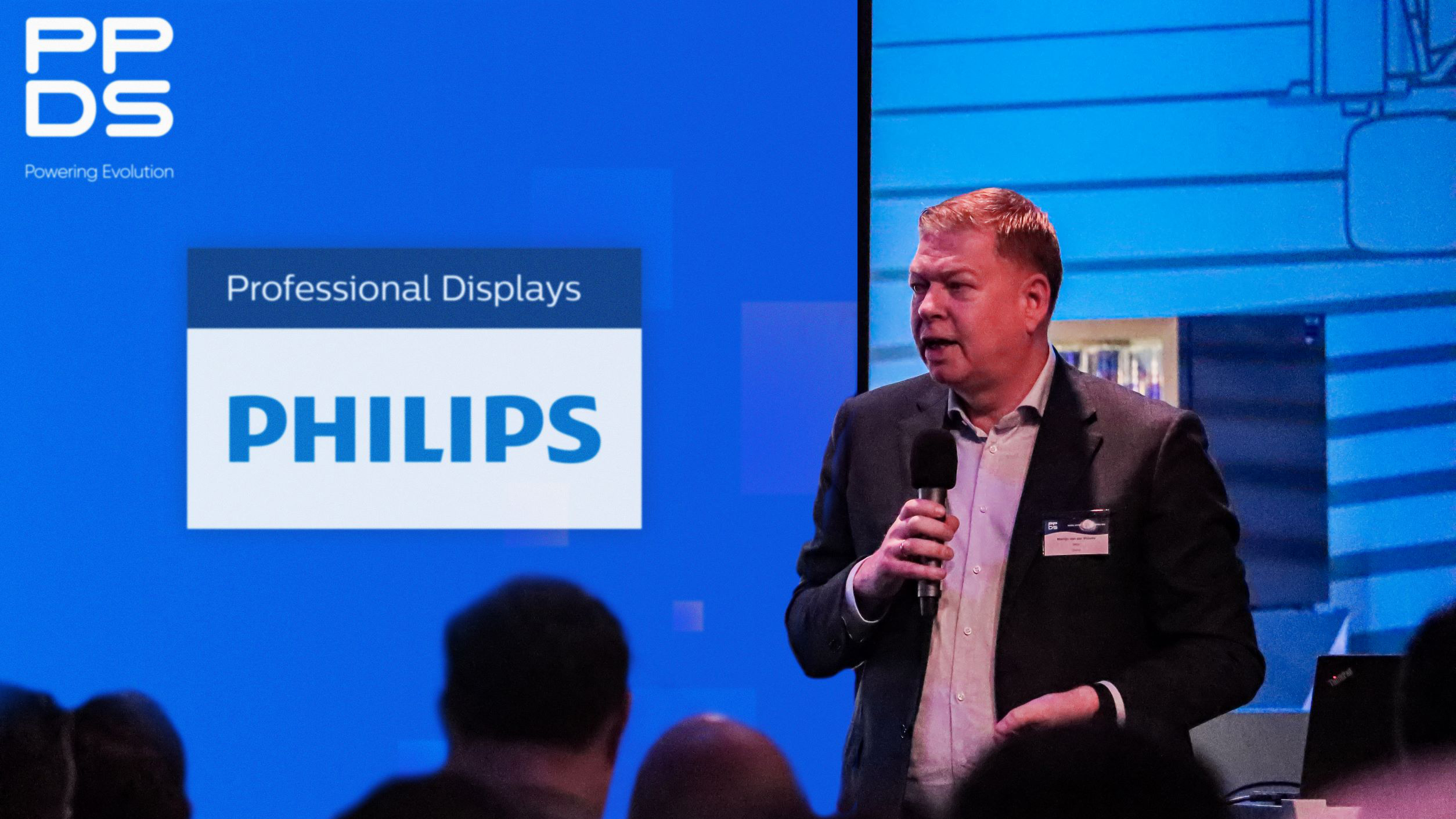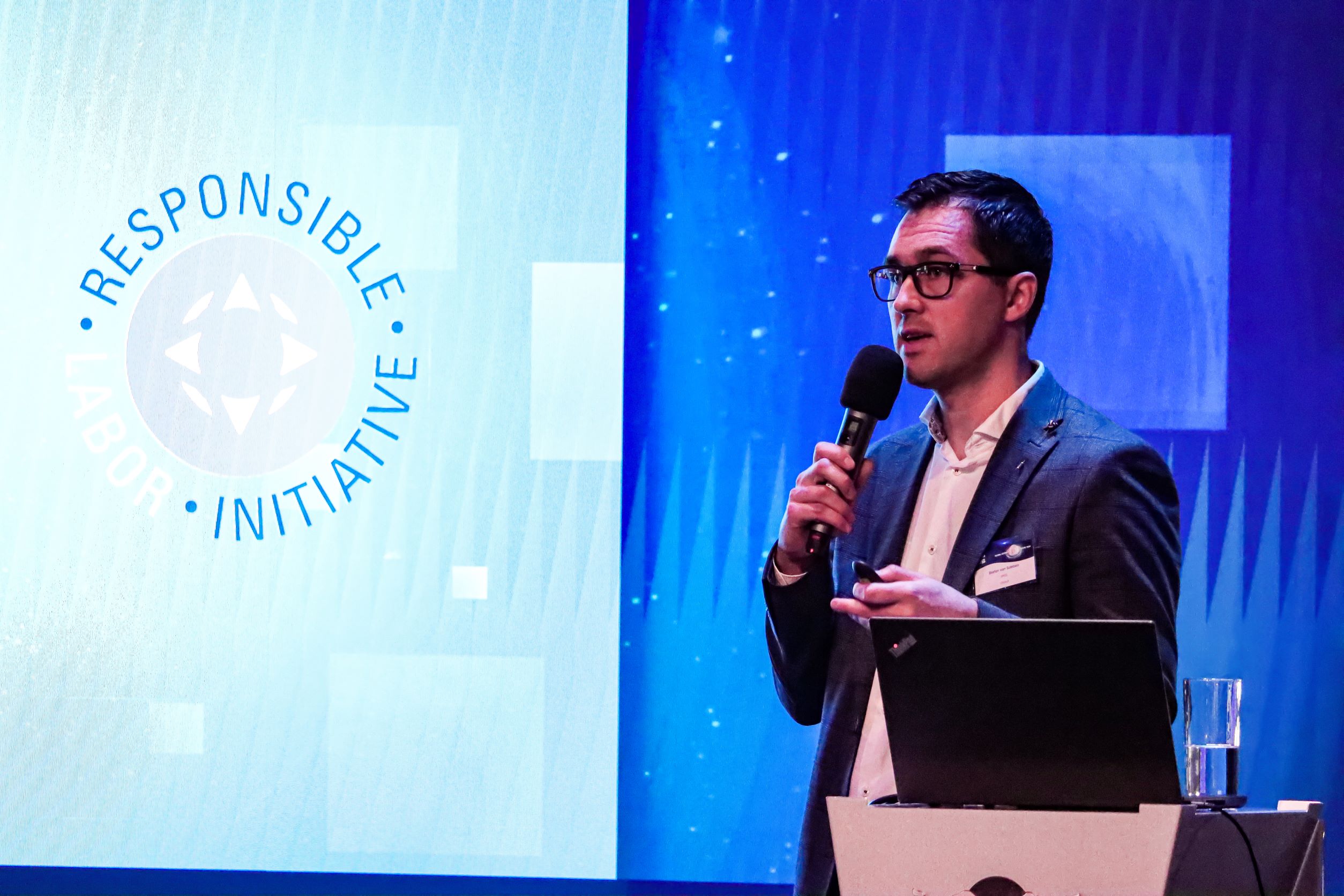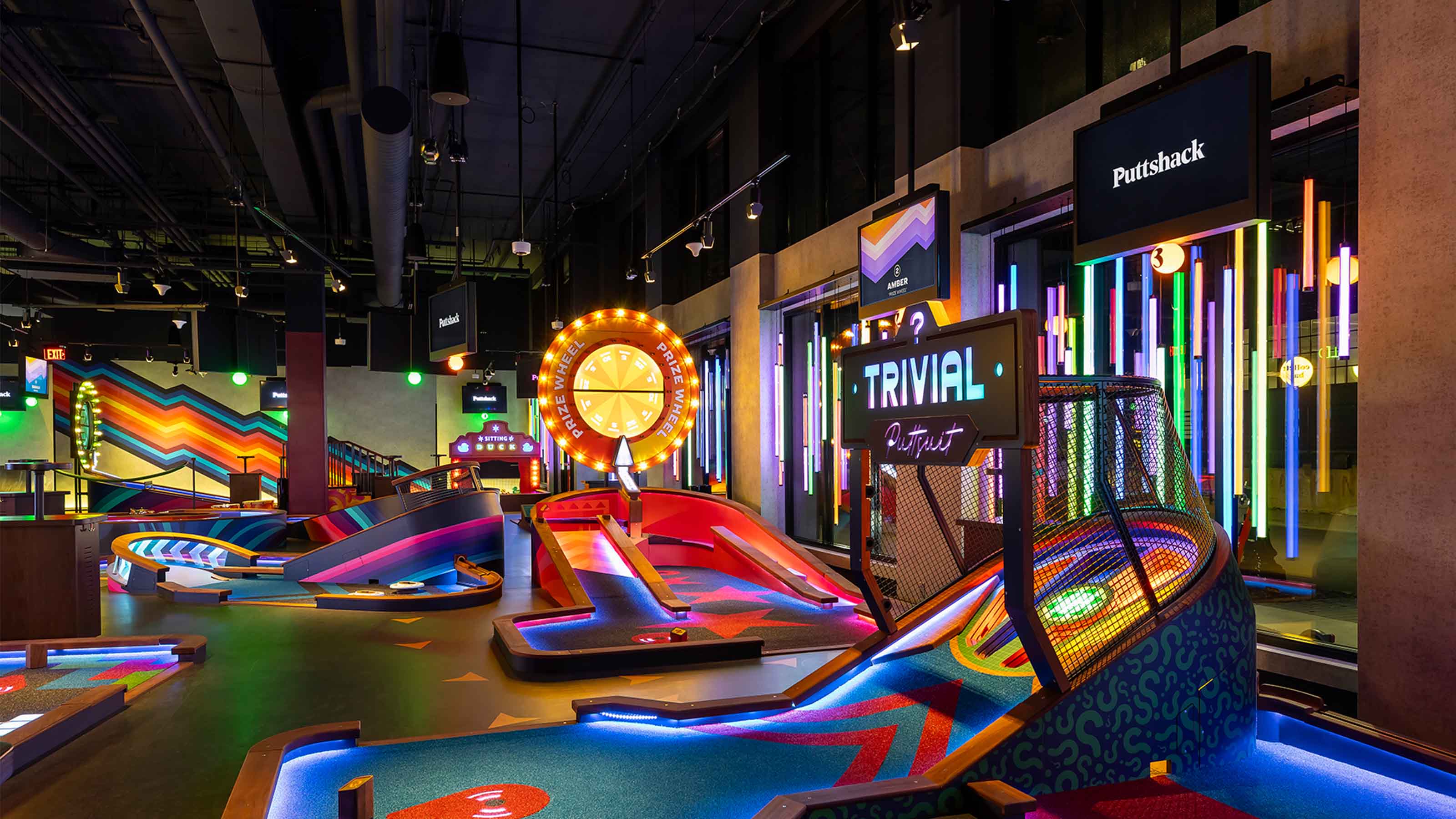Sustainability Is a ‘Top Business Priority’ for PPDS and Philips Professional Displays
PPDS is committed to environmentally conscious solutions and helping to reduce running costs.

PPDS has reaffirmed its commitment to supporting and promoting sustainability in the AV industry with a strategy that is designed to help customers reduce their electronic waste and enhance their green credentials. This will see the company continue to bring more energy efficient products to market, reconfiguring and reducing packaging, while providing greater access to information on energy consumption, for more educated and environmentally focused business buying decisions.
“Sustainability has always been of great importance to us at PPDS," said Martijn van der Woude, head of global business development and marketing at PPDS. "We’re proud of what we have achieved to date, and we feel it is our duty and our responsibility, both to customers—who are calling for this—and to the planet, to do even more.
“Collaborating closely with our partners, we will be working hard to ensure that our existing and future Philips professional display products and solutions continue to provide best-in-class experiences, while also delivering on lowest energy consumption and reduced impacts throughout product lifecycles, including the use of recycled and recyclable materials, and the carbon neutrality of products.”
How PPDS Is Playing Its Part

In addition to improving the energy efficiency of its digital signage, interactive displays, dvLED and Pro TV solutions, PPDS, alongside its sister organizations, TP Vision, MMD Monitors and Displays, and AOC, has already made significant strides in enhancing its green credentials throughout the display lifecycle—from manufacturing in its factories—designed with a quality working environment and an environmentally conscious one, too—along transportation journeys, through to its headquarters and regional sales operations.
Products are also now contained in condensed packaging, carefully calculated to minimize resources used and to maximize the number of products able to be loaded in any one shipment. Palletization has also been reviewed and refined, with a 184-ton Tank to Wheel (TTW) CO2 reduction and 107-ton reduction of wood pallet consumption in the process to date.
“This helps to reduce our carbon footprint without compromising the safety of each display during transit and it reduces the levels of waste likely to be immediately disposed of,” commented Stefan van Sabben, global CSR and sustainability manager. “Philips professional displays are packaged in brown board boxes, with one color only printing using soy-based ink. This ethos is continued through the packaging of pre-production components, with finished packaging made almost fully of recyclable materials.
A daily selection of features, industry news, and analysis for AV/IT professionals. Sign up below.
[JUST RELEASED: SCN Top 50 Systems Integrators 2022]
Sustainability: A global Business Priority
Earlier this year the EU’s revised energy labelling system came into force, replacing the existing labelling (A+++, A++, A+, A, B, C and D) with a more simplified A-G measurement rating. Existing appliances with an A or A+ rating are likely now listed as G.
The new A-G labels placed on Philips professional displays now feature a QR code which, when scanned using a smart phone, immediately show the information stored on the EPREL database, allowing greater transparency to customers and easier market surveillance by national authorities.
Another survey of 250 senior decision makers holding responsibilities for green initiatives across public and private sector organizations revealed that 45% of businesses have elected to take sustainability more seriously, while for 32% it continues to be a major focus. More than half (53%) of the respondents stated the key driver for this focus was around their ethical beliefs, while 41% cited cost benefits.
[Why dvLED Is Gaining Market Share]
“As a part of our evolution as a business, we’re placing sustainability as an even greater core focus on our mission statement," said van Sabben. Our ambitions are to continue to grow our business, but we want to grow responsibly and sustainably. As well as being accredited and working towards accreditations with a growing number of sustainability focused benchmark organizations, including EcoVadis, we have set ourselves some challenging environmental and social targets. It’s part of our DNA, working closely with Royal Philips, which is recognized as the No. 2 top brand in green technology globally, and we’re committed in the belief that this is the best way for us to create superior, long-term value to our customers.”
“We’re making every effort to enhance our own green credentials. This isn’t simply about adding a few recycle bins in the offices or paying membership fees. It’s a fundamental part of our business.”
[SUBSCRIBE to AV Network Newsletters and Publications]
Sustainability is something being reflected in PPDS’ most recently launched solutions—most evident with its ranges of corporate (Philips C-Line), education (Philips E-Line), hospitality (Philips MediaSuite) displays, which facilitate and encourage remote working/learning/entertainment, while helping to reduce unnecessary electronic waste. Taking things further, PPDS’ new Philips DV LED range (Philips 7000 and 6000 series) which are now designed to deliver proven low energy consumption—between 20%, and, in some instances, close to 50%, when compared to similar products on the market—without compromising on performance.
The AVNetwork staff are storytellers focused on the professional audiovisual and technology industry. Their mission is to keep readers up-to-date on the latest AV/IT industry and product news, emerging trends, and inspiring installations.
